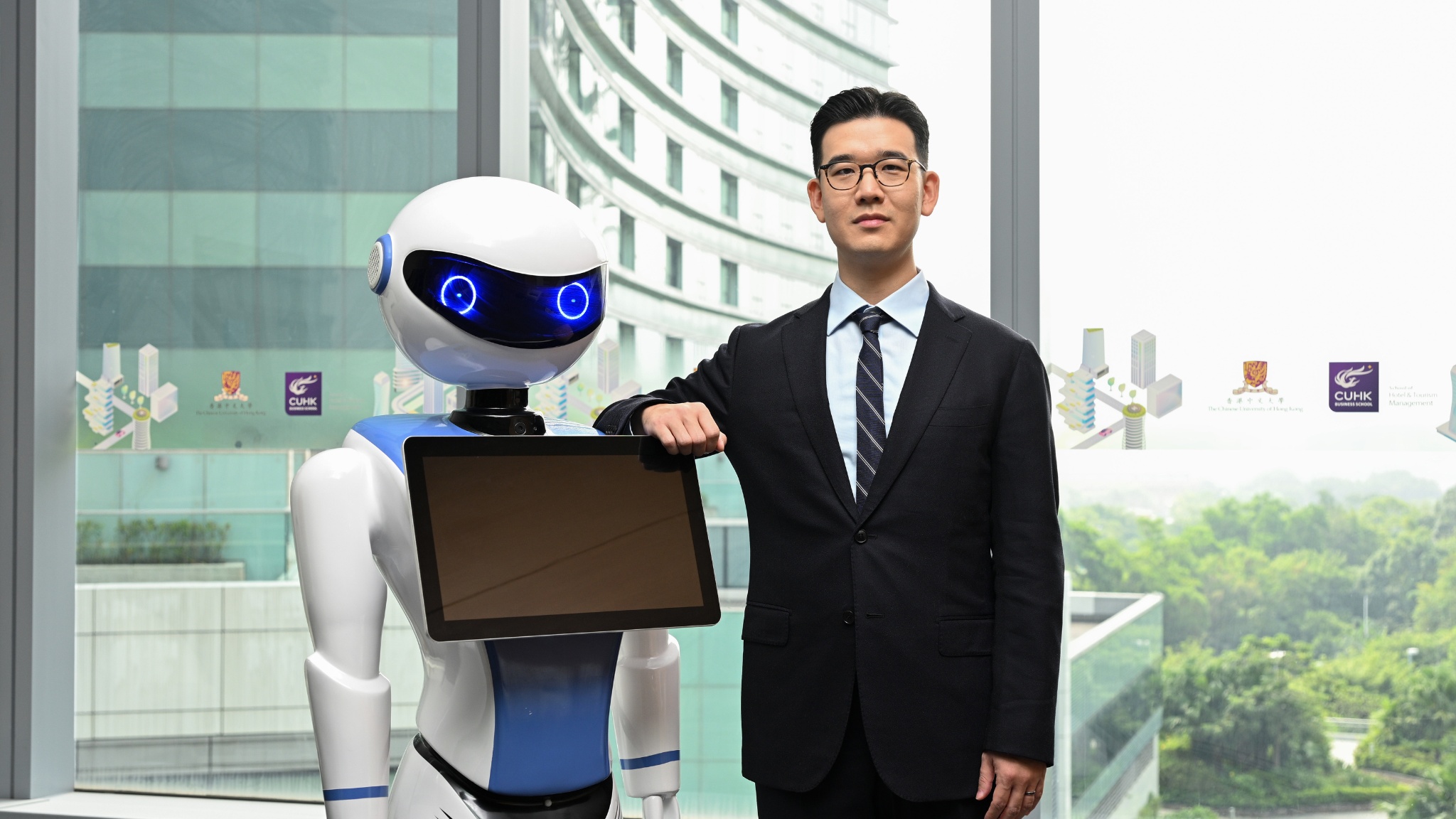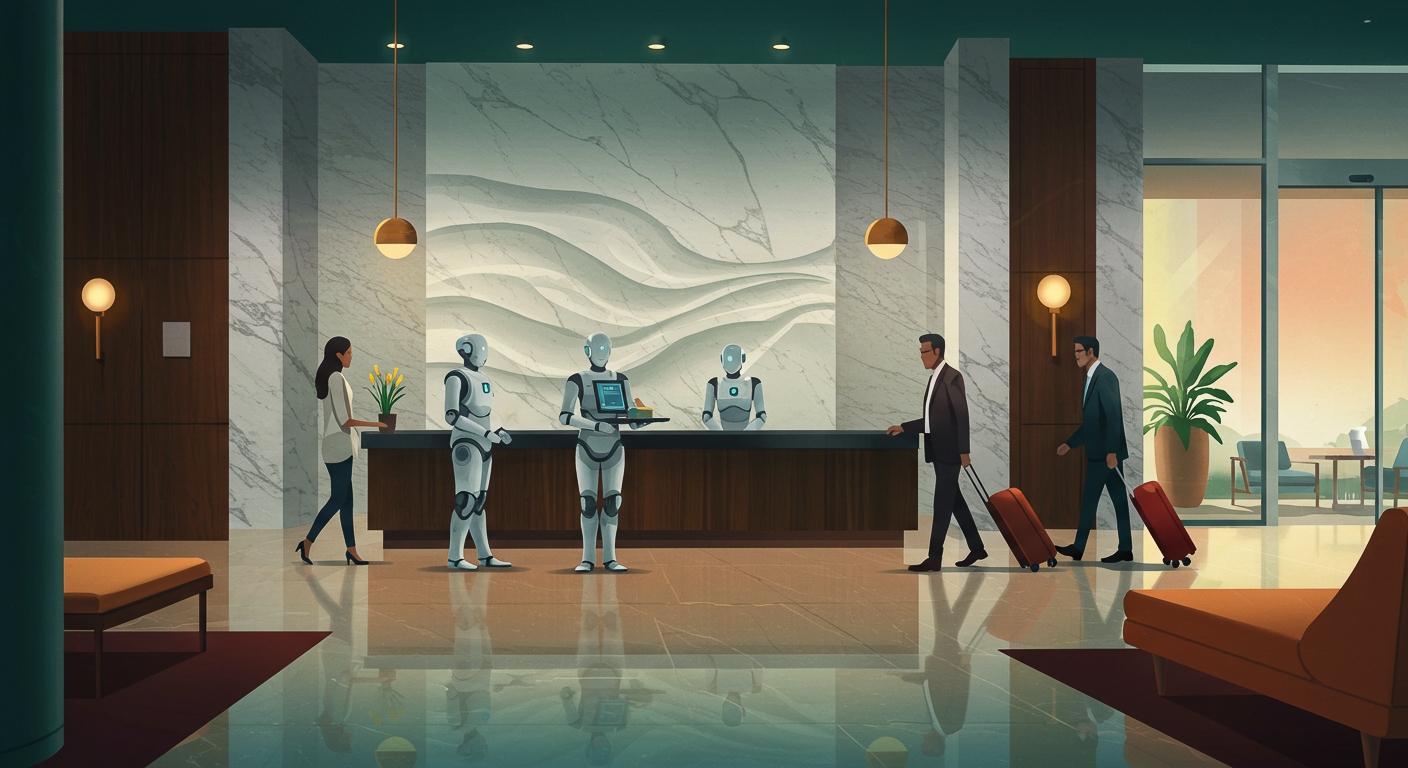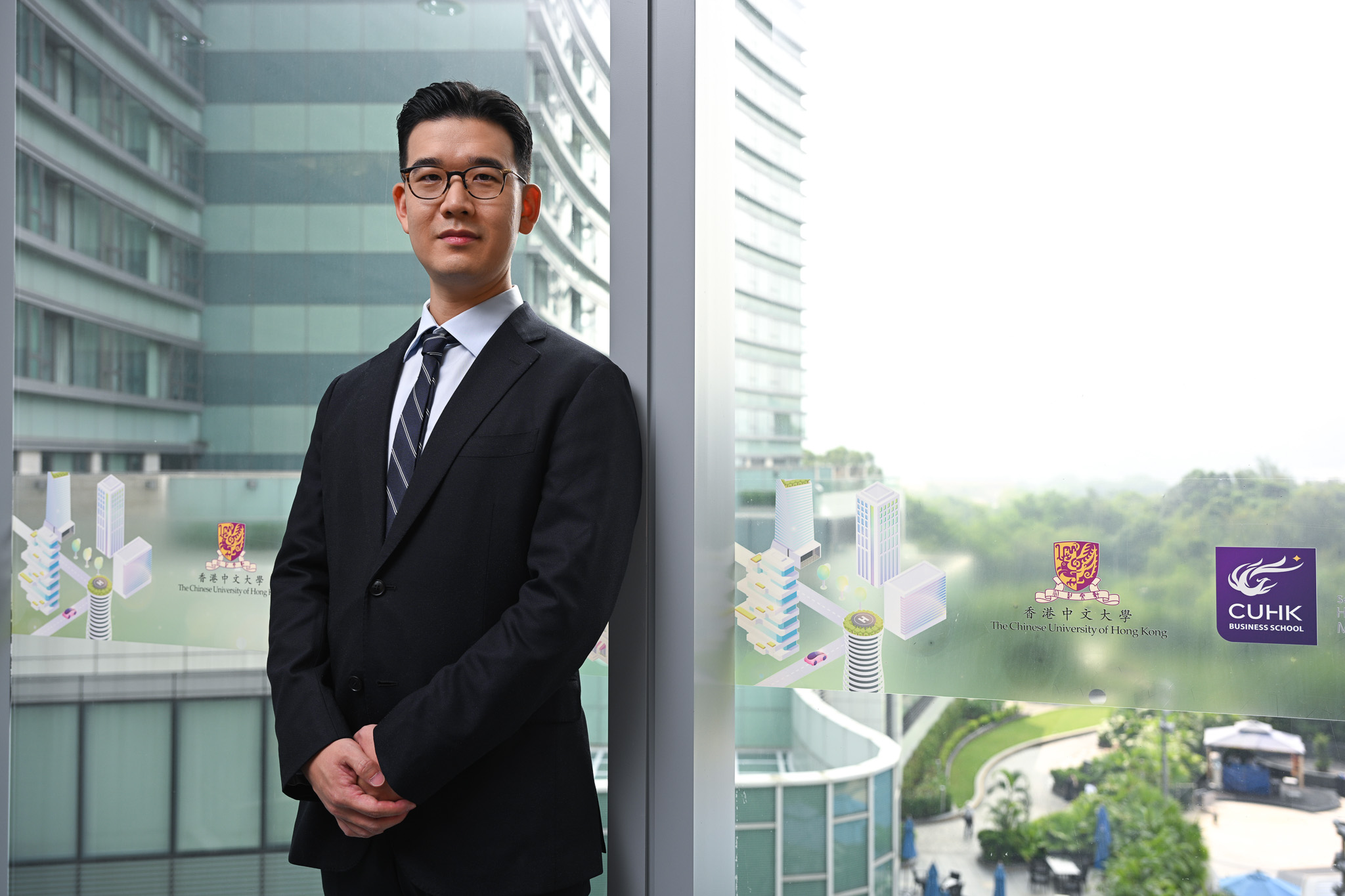Can AI make hospitality more human?

AI is being rapidly adopted across various sectors and industries across the globe. From Hollywood scriptwriters to software engineers in Silicon Valley, many express concerns about job displacement as machines replace humans. In China, a PwC study predicted that 21 per cent of the existing jobs in the service sector could be displaced by 2038.
The hospitality industry, however, seems to have welcomed the new technology with both arms. Many hotels and restaurants have deployed AI at varying degrees to address the prolonged manpower shortage exacerbated by the COVID-19 pandemic. With lockdowns and sharp decline in travels, the pandemic provided a testing ground for AI to fill the vacant roles and facilitate a total tech makeover in operations.
From automating food preparation to customising guest experiences, AI is drastically reshaping how the hospitality industry operates and the service it delivers. In the new era of AI, what does the future hold for the hospitality industry, for which human interactions and warmth constitute the cornerstone of its business? Will the friendly smile and warm handshake of hotel staff be replaced by facial recognition systems and humanoid robots? Or, can the burgeoning technologies empower the industry to bring out the best services humans are capable of offering so and exceed guest expectations?

In the new era of AI, will the friendly smile and warm handshake of hotel staff be replaced by facial recognition systems and humanoid robots? (Image generated by Google Whisk)
Robots to the rescue
The hospitality industry has long struggled to attract and retain high-calibre workforce, with a global turnover rate estimated between 30-73 per cent, compared to just 12-15 per cent in other industries.
According to Professor Sungwoo Choi, Assistant Professor of the School of Hotel and Tourism Management at the Chinese University of Hong Kong (CUHK) Business School, many hotels and restaurants had a tough time filling frontline positions. He notes that the younger generation tends to lack interest in mundane jobs.
“From the employers’ perspective, there’re not enough people willing to do frontline hospitality work because it’s very physically and emotionally demanding,” he says. “AI and robotics became the perfect solution to the labour shortage problem.”
A study estimates that as much as 25 per cent of the global hospitality workforce will be replaced by robots by 2030.
From front desk to pushing the frontier of hospitality
Among those who enter the hospitality industry, some envision a career that it is all about making guests happy. However, as new joiners work their way up, they often find themselves dealing with repetitive, mundane and sometimes taxing tasks behind every guest’s smile. With AI and robots coming into the picture, their idealistic dream may turn into reality.
As Professor Choi observes, AI and robots are gradually taking over mundane tasks and roles that deter the young generation from entering the industry in the first place. This development is expected to free up manpower, generate demand for new roles focused on enhancing customer satisfaction and providing high-value services to guests at critical touch points, while also creating new opportunities in the industry.
With the help of AI, employees can streamline operations, better understand guests’ preferences, and tailor their service to customers’ specific needs. Instead of being bogged down by routine tasks, hotel staff can feel empowered to design and provide a superior “home-away-from-home” experience to their guests.
The opportunity to have a direct impact on customer satisfaction through exceptional service has become a pull factor that draws young people back into the industry. In fact, the 2018 PwC study estimates a 50 per cent growth in jobs for hotel industry created by AI and related technology by 2038.
 As Professor Choi observes, AI and robots are creating new opportunities in the industry by taking on the tedious tasks that deter the young generation from entering the industry in the first place.
As Professor Choi observes, AI and robots are creating new opportunities in the industry by taking on the tedious tasks that deter the young generation from entering the industry in the first place.
Finding the right mix in tech and touch
Conventionally, travellers expect to be welcomed by a friendly face in the service encounters and have person-to-person interactions throughout their stay. Owing to this human-centric, high-touch nature of the hospitality sector, some travellers may be put off by non-human service especially when the state-of-the-art deployment remains adolescent in some cases.
Professor Choi illustrates with a hotel in Japan, Henn na Hotel, certified by Guinness World Records as the first hotel with working robots. Initially staffed in large with robotics, the hotel fired half of its robots four years after its launch as numerous complaints about service errors flooded in.
“I think most consumers still prefer human service. We’re just hardwired that way. We seek genuine, authentic interactions rather than programmed responses. We want to sense warmth, sincerity and human touch. It’s just very difficult to change our ingrained belief that people are warm, while machines and robots are cold, no matter how human-like they may appear.”
Understanding this consumer psychology can help businesses decide how to balance machine and human touch to achieve optimal outcomes for different target segments. For example, business travellers may find a robot-assisted check-in and check-out process perfectly acceptable for a short and no-frills hotel stay. However, a family on vacation may expect personal attention and caring, intimate interactions that make them feel at home.
At various touch points in the guest experiences, hospitality leaders must devise a strategy that aligns with their brands and seamlessly integrates humans and AI, notes Professor Choi. While reaping the benefit of using tech to improve operational efficiency and acquire customer insights, hotel operators should prioritise designing new products and delivering personalised service that authentically connect with guests, winning their hearts with genuine human touch where it is most needed.

